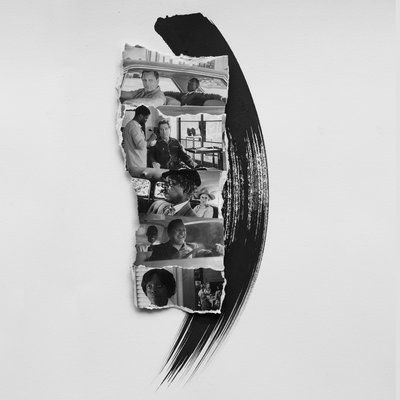Jenny Diski, 1947-2016
Novelist and essayist Jenny Diski died this morning. She had been writing a diary for the London Review of Books about her inoperable cancer. Her memoir, In Gratitude, was released last week. Browse our archive of her work, her complete LRB archive, and last year's profile of Diski in the New York Times Magazine.










